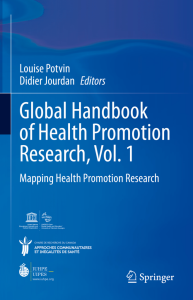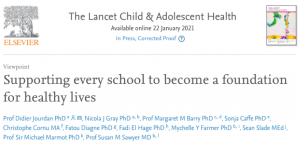Article published in MDPI on 5 September 2021
Nearly 200 countries have implemented school closures to reduce the spread of the COVID-19 coronavirus. Although these closures have seemed necessary, there have been serious concerns about their effects on the well-being of children and adolescents. To truly understand the impact of these closures on children’s and adolescent’s well-being, and their suggestions for the future, it is important to adopt new approaches to collecting data that will ensure the right of children and adolescents to be heard on issues that affect them.
Current methods of assessing the impacts of school closure are dominated by the collection of information about children and adolescents, mainly using existing wellbeing indicators and related questionnaire surveys. While these sources of information are important, they provide only a limited understanding of how children and adolescents have experienced school closure, especially if they have been produced using measures developed solely by adults. There is a need for information produced by children and adolescents themselves, which may need to go beyond existing theoretical frameworks of wellbeing that predate COVID-19.
By gathering information from children and adolescents, the authors of this paper[1] show that we can more effectively guide the development and evaluation of public health policies and identify solutions to mitigate the negative impacts of school closures, or to recognise and respond to any positive effects.
[1] Paakkari, L., Jourdan, D., Inchley, J., & Torppa, M. (2021). The Impact of School Closure on Adolescents’ Wellbeing, and Steps toward to a New Normal : The Need for an Assessment Tool Update? Adolescents, 1(3), 360‑362. https://doi.org/10.3390/adolescents1030027




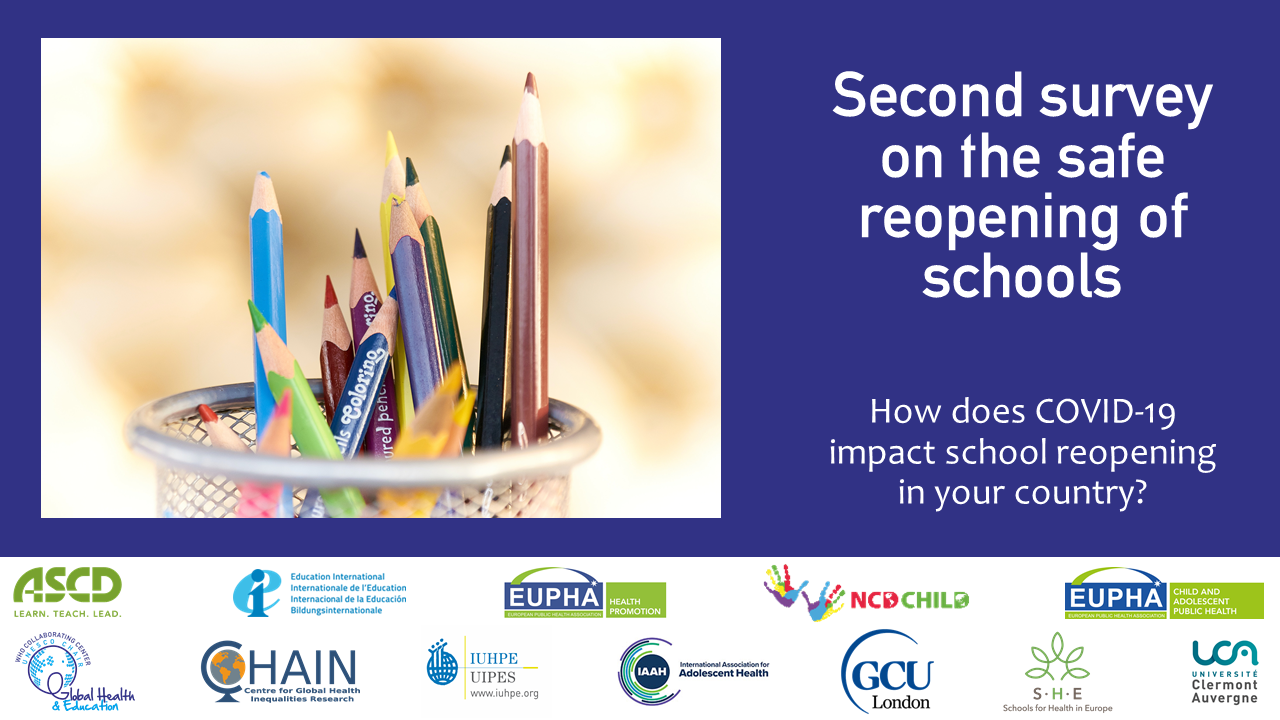
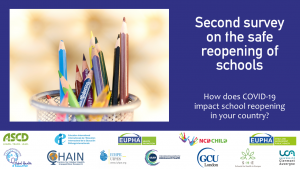






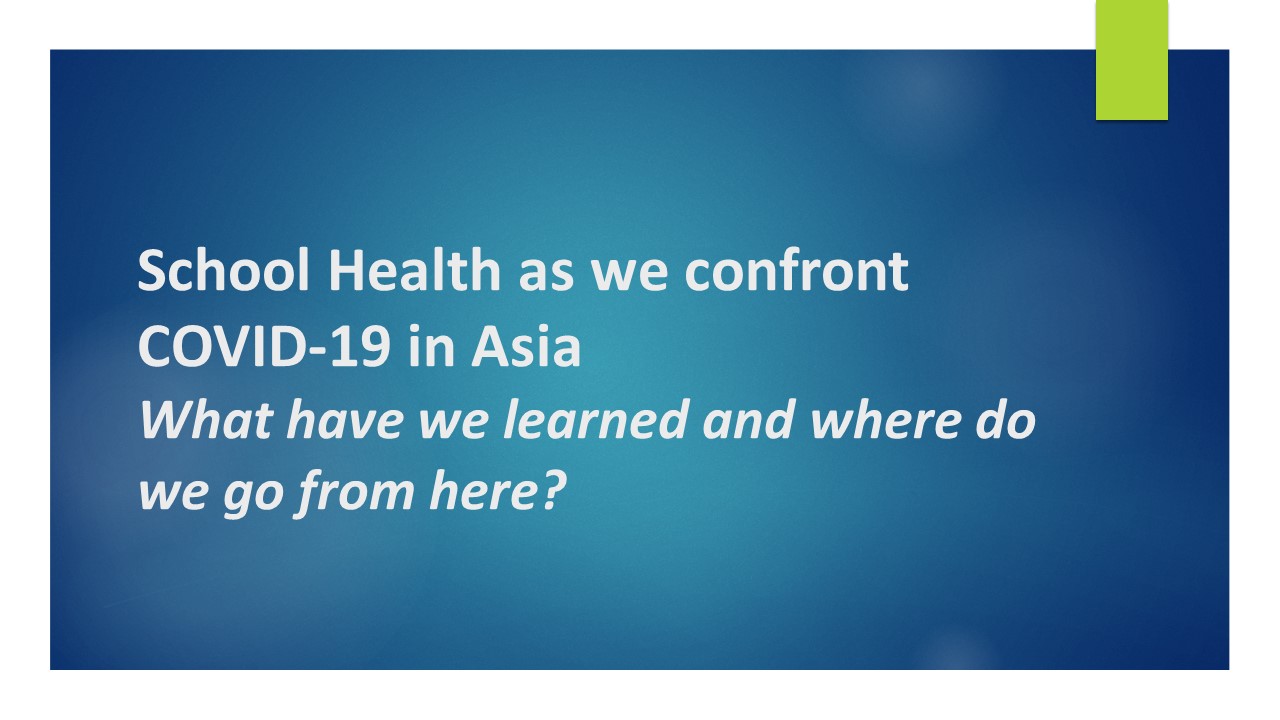
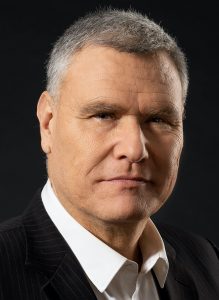 About Didier Jourdan
About Didier Jourdan